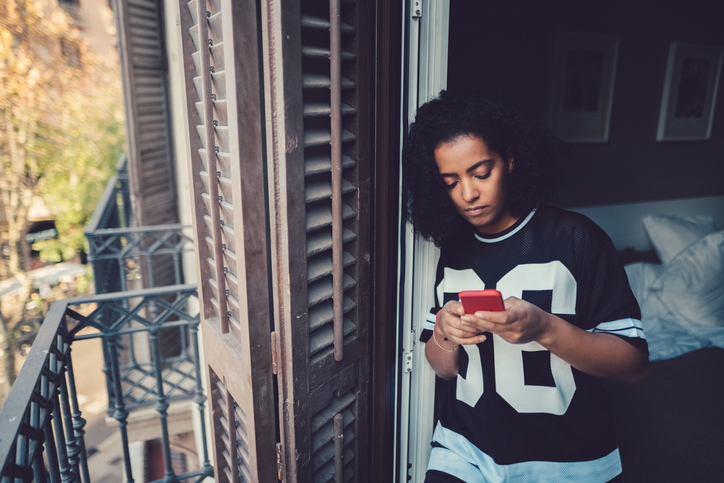Staying safe online
Some useful tips for staying safe online.
This content has been written for children and young people. If you’re looking for information for over 18s, visit our Types of Crime information about staying safe online.
Millions of children and young people use the internet every day, and most stay safe. It can be a great place to talk to friends, share your interests in everything from sports and gaming to music, film and fashion, and it’s a useful resource – particularly for schoolwork!
But it’s really important for everyone, especially children and young people, to understand the dangers and know the simple rules to follow that can help you to stay out of trouble.

